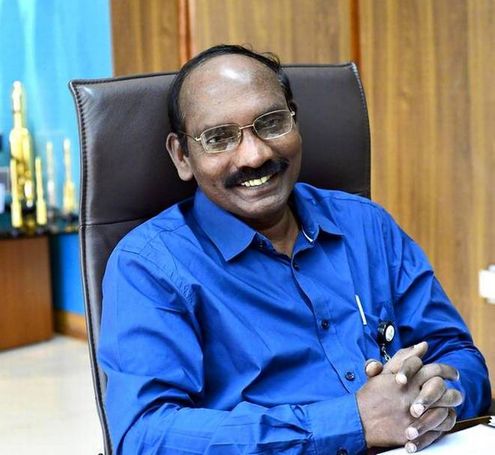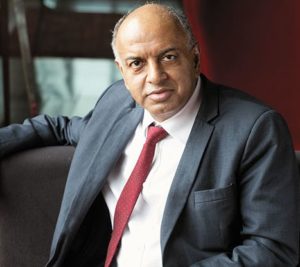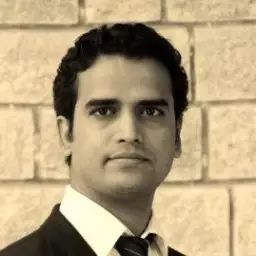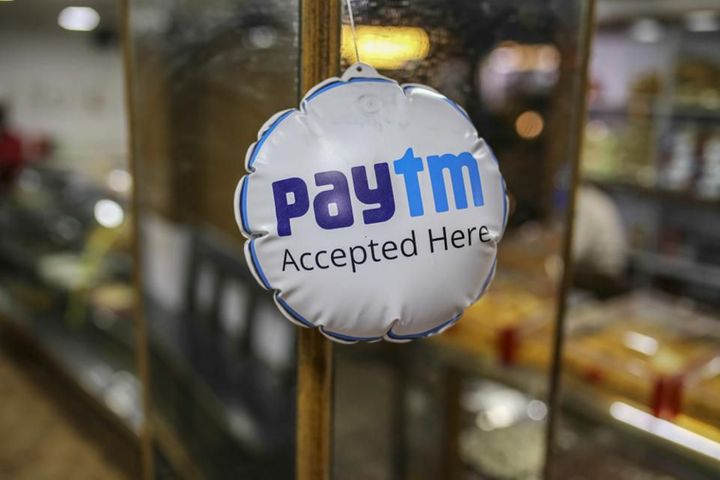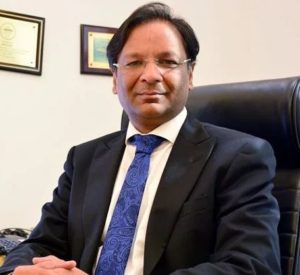Kailasavadivoo Sivan : The Rocket Man of India
Amongst the innumerable number of successful entrepreneurs, and tech-savvies, there always emerges out a legendary person who creates history and breaks the records. Flourishing in the business world is not a big deal today given that we have developed so much in terms of technology, but how many of us dare launch spaceships and fly into the space to explore the galaxy?
All these sounds very astronomical, especially, for a developing country like India, isn’t it? Particularly, if the person behind the successful Indian space missions is a farmer’s son. A far-fetched dream, it seems like but turned into reality by none other than Kailasavadivoo Sivan, the chairperson of ISRO (Indian Space Research Organization). Today, because of this Indian scientist, India’s second mission to the moon was successfully launched. Outweighing other developed and superior nations of our world, Sivan is really creating a new era for India.
A Farmer’s Son
Born on 14th April 1957 in a small village called Tarakkanvillai in Kanyakumari district, Sivan belonged to a very poor household. Sivan’s father, Kailasavadivoonadar Sivan, was a farmer, so his family couldn’t afford a very good school for him.
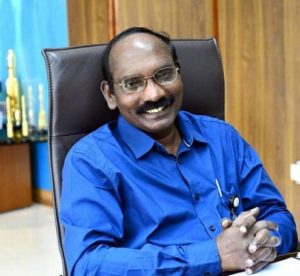
He went to a government-sponsored school in his village, and later, went to ST Hindu College in Nagercoil for his graduation. Unable to afford any tuition or proper coaching, Sivan was a self-supported student and turns out, was the first graduate in his family.
After completing his undergraduate degree, he pursued aeronautical engineering from Madras Institute of Technology. After graduated from there in 1980, he received a master’s degree from Indian Institute of Science, Bangalore in 1982. Sivan took one more step forward towards his bright future, and also our nation’s when he completed his PhD from IIT Bombay in 2006. Sivan also received an honorary doctorate in science from Sathyabama University.
Journey to ISRO
Sivan joined ISRO long before completing his PhD, that is, in 1982. Sivan was a part of ISRO’s many projects, but one of the significant projects he participated in was the Polar Satellite Launch Vehicle (PSLV) project. This was his first project after joining ISRO. Another big project where he made a significant contribution is the Geosynchronous Satellite Launch Vehicle (GSLV), and, later, he became a project director of GSLV. He majorly worked with designing and development of space vehicles for ISRO’s missions.
Sivan is famous all over the nation as ‘Rocket Man’ because he is probably the best-known scientist in India and has a significant contribution in building cryogenic rocket engines. Sivan became the director of Vikram Sarabhai Space Center on 1st June 2015, and before that, he served as the director of ISRO’s Liquid Propulsion Systems Center.
On January 2018, Sivan was declared as the ninth chairperson of ISRO after A.S Kiran Kumar.
Sivan’s Contribution to India’s Space Missions
Sivan’s unparallel contribution and untamed determination for the space missions of India led him to launch 104 satellites in one single mission. Had it not been for this devoted scientist, India would be still struggling to launch a successful moon mission for the second time.
Kailasavadivoo Sivan has been working for ISRO for more than three decades now. But, before Sivan became the chairperson of ISRO, he served at many powerful positions like Secretary of Department of Space, Chair of the Space Commission, Deputy Director (ISRO), Project Director (ISRO), and many more.
Today, due to Sivan’s sheer dedication, India is known as the first country in the entire world that is preferred for a soft landing on the moon. ISRO’s biggest mission, after Sivan became the chairperson, Chandrayaan 2 was launched on 22nd July 2019. But this braveheart shattered into pieces when the Lander lost all communications, but still, the mission was 95% successful, only because of this man.
Awards and Achievements
Since 1999, Sivan has been the recipient of many prestigious awards starting with Shri Hari Om Ashram Prerit Dr Vikram Sarabhai Research Award. In 2007, he received ISRO merit award, followed by Dr Biren Roy Space Science Award in 2011. In 2019, he was awarded A.P.J Abdul Kalam Award from Tamil Nadu’s government.
Sivan is also a Fellow of Indian National Academy of Engineering and the Aeronautical Society of India.
Personal Life
Kailasavadivoo Sivan is married to Malathi Sivan, and he is the parent to two kids, Siddharth and Sushant Kailasavadivoo Sivan. The family lives in the Bengaluru City of India.

Annasha Dey is an NIT student, who apart from studying engineering is also a content writer. She has a great interest in photography, writing, reading novels, and travelling as well. She is a foodie who loves socializing and hanging out with her friends. She is also a trained Kathak dancer and a big fashion enthusiast. Dey also loves watching TV series, which includes F.R.I.E.N.D.S. and Big Bang Theory. To be a better writer she prefers to read more
